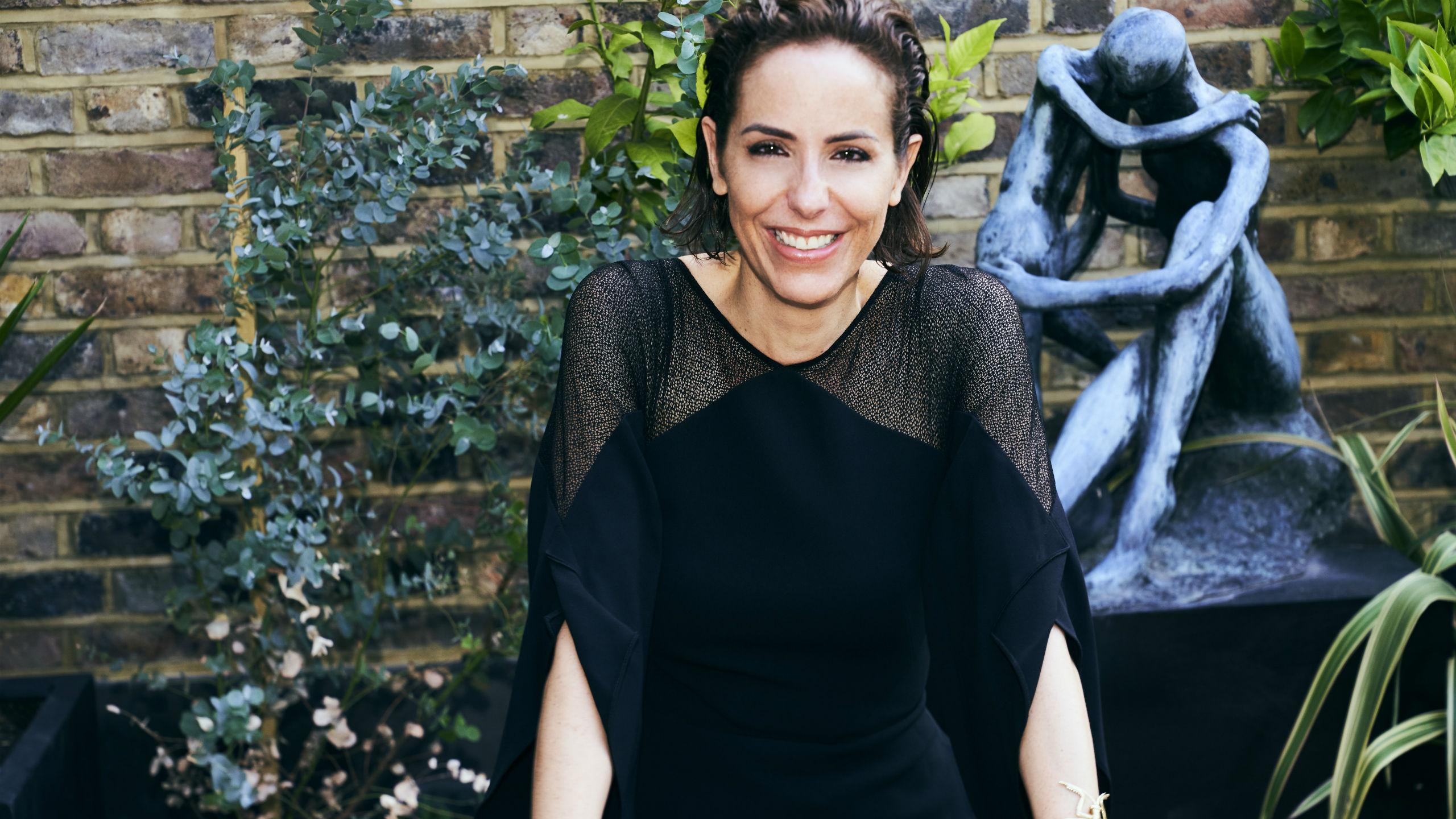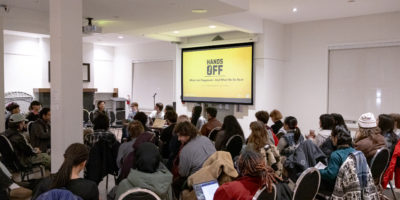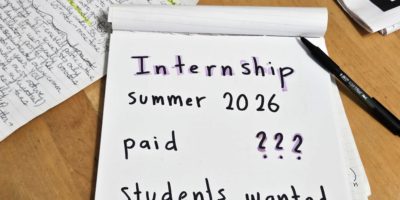By Sera Wong
A team of Ryerson students worked with UK entrepreneur Vanessa Arelle to create TABOOZAPP, an app that provides a digital platform for youth to discuss and learn about topics such as gender, sexuality, mental health and more.
Ryerson’s Paradox Lab, a new incubation lab for small businesses, ran a pilot project in this year’s Creative Impact Supercourse. The lab focuses on developing products by using artificially intelligent data science. TABOOZAPP was made by analyzing data relating to challenges that youth face today.
The Creative Impact Supercourse is a class where a team of students from different faculties work together to find innovative solutions to real-world problems presented by small businesses from around the community.
The app was released in April for iOS and in October for Android. Features of the app include articles written on “taboo” topics—abuse, puberty, bullying, and eating disorders, to name a few. There is also a section dedicated to advice and information, where users can read up on daily news, managing money, enjoying sex and more. Users can also read and watch the success stories of other people, and how they’ve conquered their personal challenges. Additionally, a mood meter is built into the app, where users can track and record their own day-to-day emotions. Users can use this to build a sense of greater self-awareness and increase their level of self-confidence.
Arelle says that one of the defining moments in developing the app came from Googling breast exams.
When she was younger, Arelle learned that her aunt was dying of breast cancer and overheared her mother talk about how important breast examinations were.
“I went to the school health centre and I took a little flyer and I learned about it,” she said. “Nobody told me about my body, my boundaries, about periods, about sex. When I was growing up it was very conservative.”
Thinking of her own daughter, Arelle wanted to conduct her own research about breast examinations. She decided to start where anyone would: the Internet.
“I did a search, and I just did ‘teen breast exam’. And it was like, hardcore porn,” she said. “And my daughter was around 12 to 13 at the time. If my daughter had experienced that, her sense of herself, her sense of an authority figure and boundaries, are completely eroded just by that experience.”
Articles written by experts and experienced individuals will be available for users to read. Materials and topics of interest will be edited and approved by members on an equity board. Members on the equity board range in age, diversity and sexuality. By doing this, the app provides a safe and educational space for youth to learn about society’s “taboo” topics.
Arelle said that so far, she’s managed to develop the app without having to raise money, and that it’s all been made possible with a lot of goodwill. She said students in the Ryerson supercourse have done an amazing job with the app. Students designed the navigation of the app and the mood tracker feature, as well as an empathy meter feature that will be released in a few months. A handful of students who have graduated now work at TaboozApp.
“I don’t think any agency in the world would have done a better job,” she said. “And I will repeat it and I will always say it. It’s being developed by [your] generation. And really—you guys are the users.”













Leave a Reply